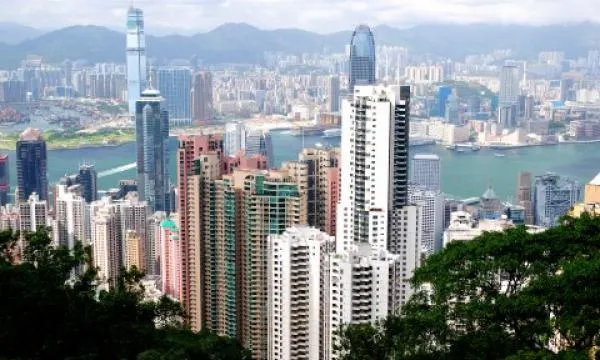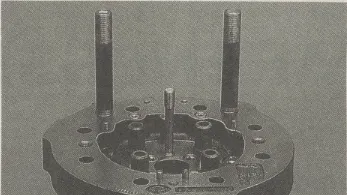
Government hesitant on levying vacant property tax
Vacancy rates fell to 3.7% in 2017, indicating little sign of idling private residential units.
The government has expressed hesitation in levying a vacancy tax on residential units in a bid to meet the city’s chronic housing demand-supply imbalance, Secretary for Transport and Housing Frank Chan said in a Legislative Council meeting.
As of end-March, there were around 9 000 unsold first-hand private residential units in completed projects, amongst which 6 000 units were completed in 2017 or the first quarter of 2018 whilst the remaining 3 000 units were completed between 2011 and 2016, according to statistics from the Rating and Valuation Department.
Also read: Micro flats multiply as residents scramble for affordable housing alternatives
However, there are ‘no notable signs of the idling of private residential units,’ according to Chan as the vacancy rates of private residential units have been trending downwards from 4.3% in 2012 to 3.7% in 2017, which represents a substantially lower figure than the long-term average vacancy rate of 5% from 1997 to 2016.
“In fact, it is inevitable for properties to be left vacant for a period of time when landlords seek buyers or tenants, engage in price negotiation, or refurbish their flats,” Chan added.
Also read: Home sales balloon 56% to 6,646 transactions in April
“Levying a vacancy tax on residential units owned by non-local residents or companies at least 25 per cent of the beneficial interests of which are held by such persons may therefore not be an effective way to increase housing supply.”
He added that the introduction of a capital gains tax will complicate the city’s tax regime and that the government has no intention to study any such reform to plug housing demand at this point.








![Cross Domain [Manu + SBR + ABF + ABR + FMCG + HBR + ]](https://cmg-qa.s3.ap-southeast-1.amazonaws.com/s3fs-public/styles/exclusive_featured_article/public/2025-01/earth-3537401_1920_4.jpg.webp?itok=WaRpTJwE)









 Advertise
Advertise


